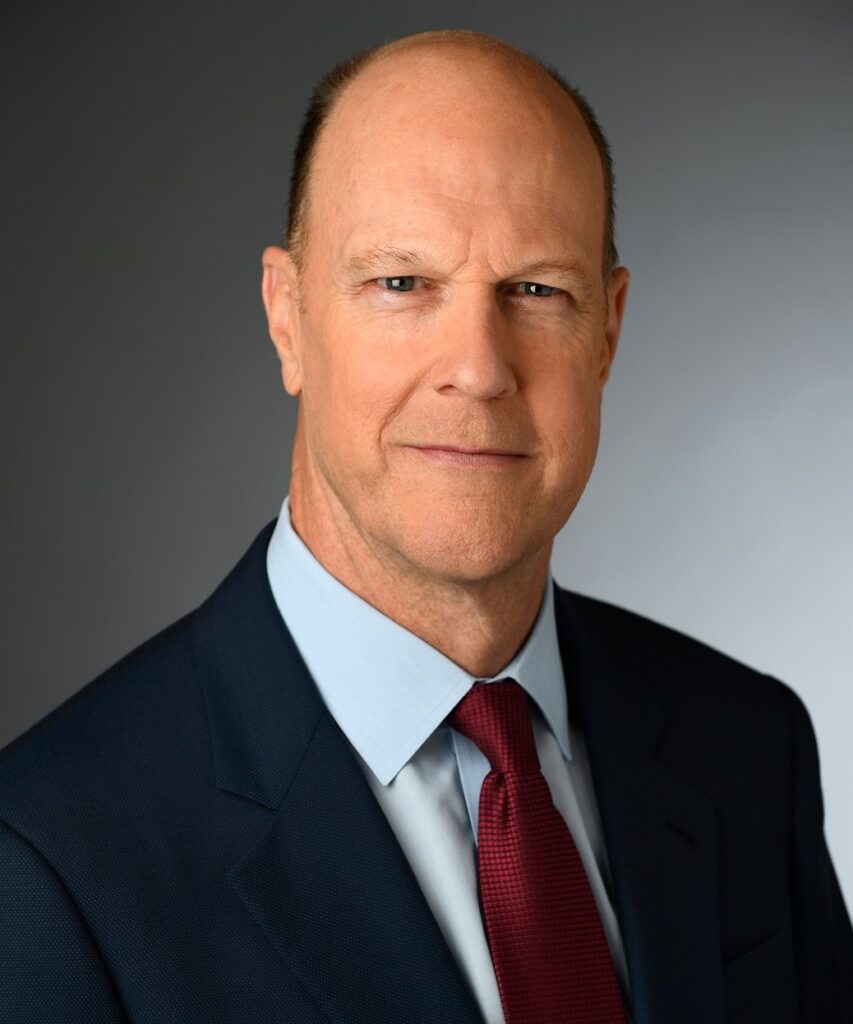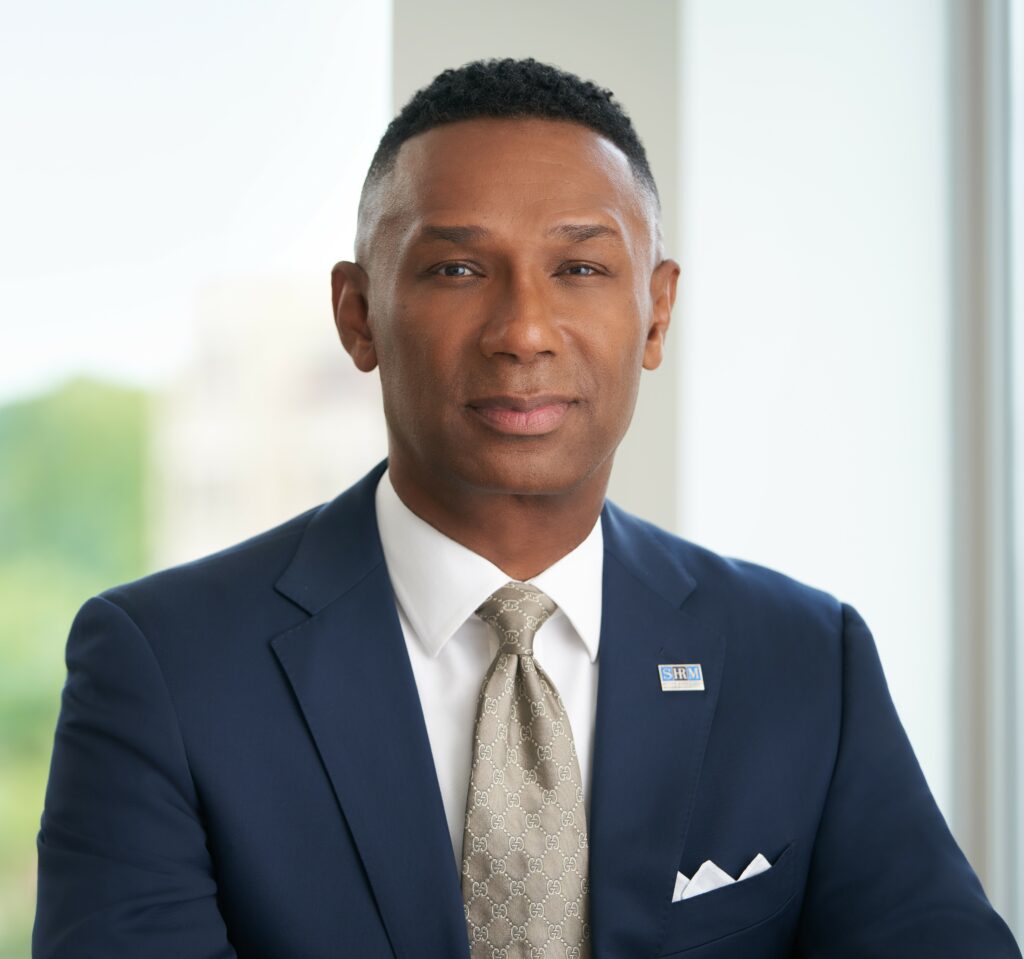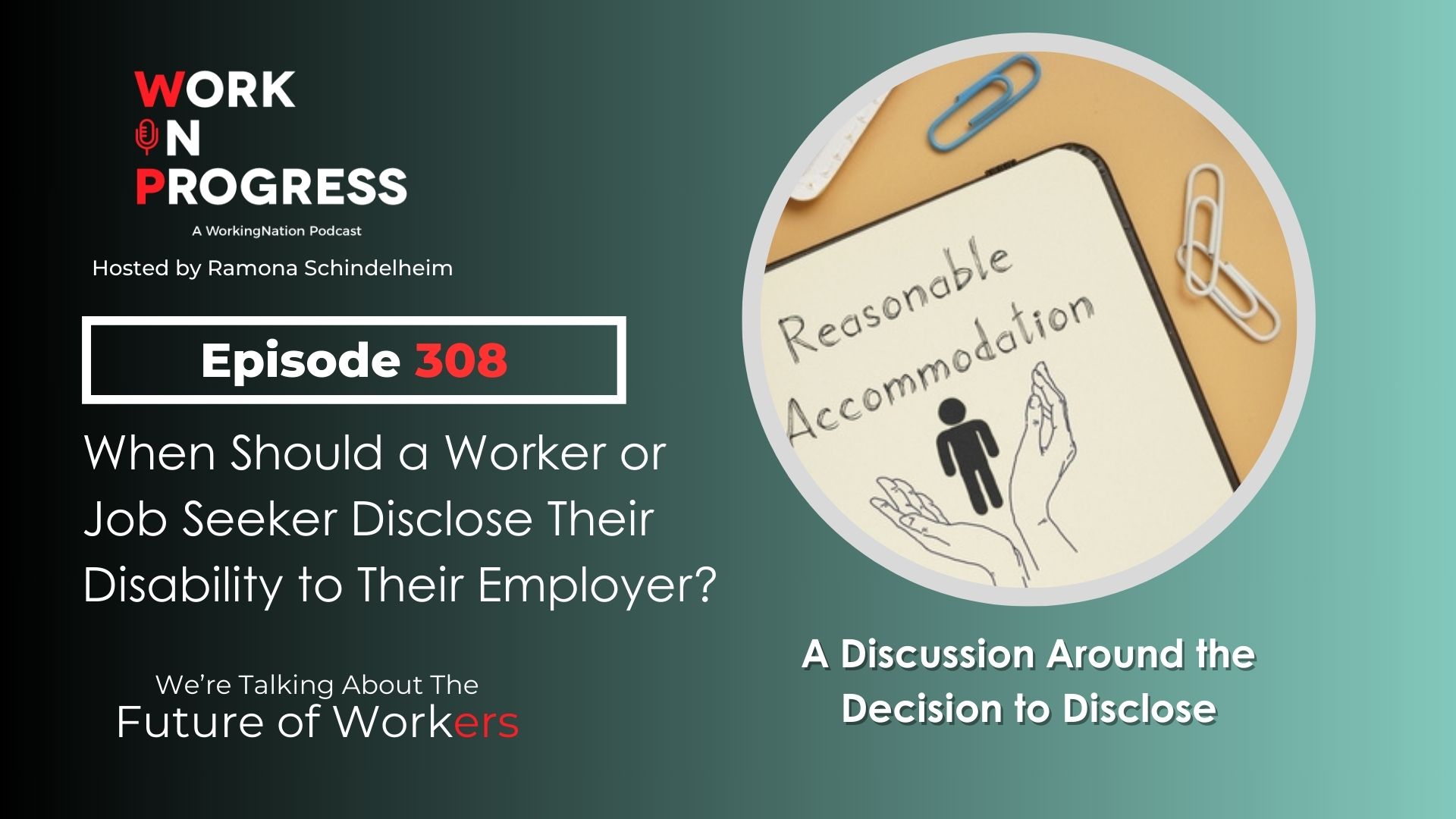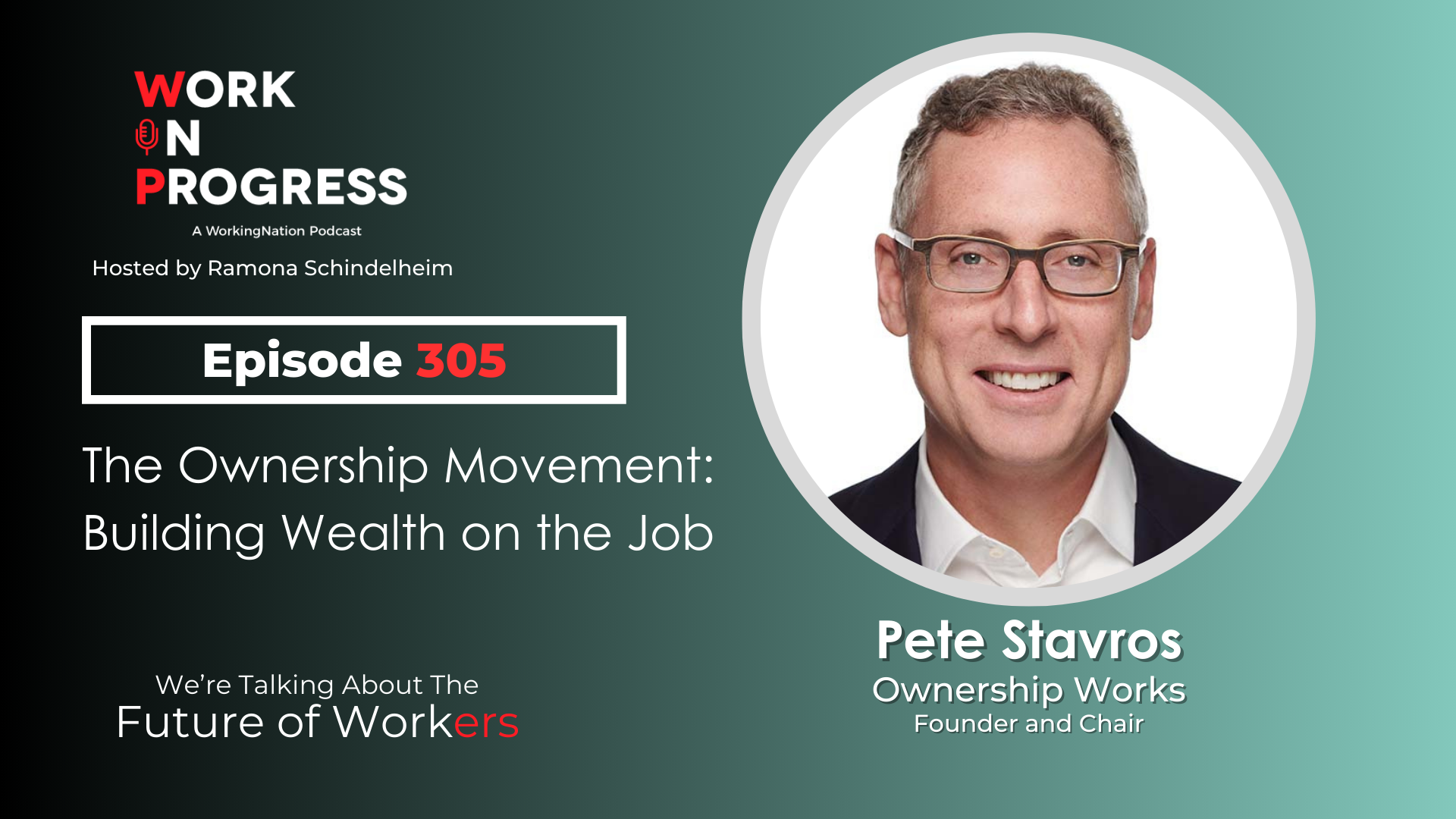Accountability. Character and integrity. Courage. Empathy. Resilience. Self-awareness. These are characteristics of an ethical leader, according to Diana Spencer, executive director, William G. McGowan Charitable Fund.

With that lens in mind, the Fund has awarded its first McGowan Fund Fellows Program Ethical Leader of the Year Award to Charles F. Lowrey, chairman and CEO at Prudential Financial – with the announcement coming at the SHRM 2022 Annual Conference and Expo in New Orleans.
Lowrey, upon receiving the award, said he is honored and humbled – accepting on behalf of everyone at Prudential. “The McGowan Fund is to be applauded for its efforts to spotlight the enduring importance of ethical leadership in business, particularly as people’s trust in leaders and institutions continues to erode around the world.”
Johnny C. Taylor, Jr., president and CEO of SHRM, the Society for Human Resource Management, says ethics in leadership is more important than ever. “It dawned on me that HR in particular, and CHROs [chief human resources officers] within organizations have an obligation to help ensure that the organization is living the culture that it articulates and that it recruits people on. We have an obligation to ensure that when people get there, they actually are being led by an ethical leader.”
Pathway to Leadership
“When people are nominating their leaders for this award, they’re talking about them caring about people and actualizing that care, that leadership,” says Spencer. “It’s one thing for a corporation to have an ESG or a DEI statement or a value statement, but sometimes you don’t see it actualized. What we’re looking for and what we’re hearing from people is how they are actualizing their values.”

This is the first time the award has been given but the Fund has been running its ethical leadership development program – the McGowan Fellows Program – since 2008.
Spencer explains that fellows are 10 top-ranked students in their second year from 10 top-ranked MBA programs across the country. She adds that when schools select a fellow for participation, “It is very clearly stated that while they have to be in the top 5% of their class, we give preference to people of lower socioeconomic means and DEI.”
“Hopefully, we are inspiring them to think about things in terms of making decisions from a principled or a value-based perspective,” says Spencer.
“Giving them that North Star by which to inform and make all decisions for the betterment of, yes, their company, but society. Let’s keep society and the deep needs that we have today at the forefront of every decision made.”
Fellows participate in the program for nine months, according to Spencer. She says, “They get a coach for their principled leadership social impact project that they do working with a nonprofit in a particular issue area.”
She notes, “Learning is known to really occur most when someone is stretched beyond their comfort zone, right? We give them this human-centered design project which means we do not give them a set of outcomes or deliverables.”
Spencer says, “Through this entire experience, every month they’re being coached by a fellow alum who is saying, ‘Tell me how ownership and accountability is showing up for you in this project. How about courage or how about self-awareness?’”
Employees are Demanding Ethical Leadership
Taylor says younger workers are increasingly demanding ethical leadership. “Generation Z and millennials have – in a way that we have never seen before in the workplace – demanded ethical leadership. They’ve just said, ‘I won’t just come work for you for money. I won’t just come work with you because you have a great brand. I have to believe that this organization has values that I’m aligned with.’ And one of those values is ethics.”

He continues that HR has a role in ethical leadership. “We are teachers. We are facilitators and we are keepers of culture. You’ve got to teach, train, and develop ethics in an organization because what is ethical to you and ethical to the person next to you is sometimes gray. It’s not like what is legal or illegal. That gets pretty darn clear.”
“We’re also the facilitators. HR can have the most ethical HR function in the world. But if that is not facilitated and cascaded down throughout the organization, then it’s all for naught. You cannot go out and entice people to work in a shop where the organization doesn’t actually live those values.”
Having an Impact on Business
“I would like to believe that there are a lot of people who are ethical, values-based leaders. But it doesn’t get a lot of attention – we have a lot of attention when things go wrong. People need to be able to trust and believe that leaders have their best interests at heart,” says Spencer.
Taylor, who participated in the award selection, says “It was hard. It was anything but soft. That’s when I had the fullest appreciation for the potential impact of this award. If we do this right and it becomes an iconic award, people vie for it, we can literally transform businesses’ contributions to society.”
In addition to the award, Lowrey received $25,000 to donate to a nonprofit of his choice – that being the Newark Alliance located in Prudential’s home city and focused on economic revitalization.











